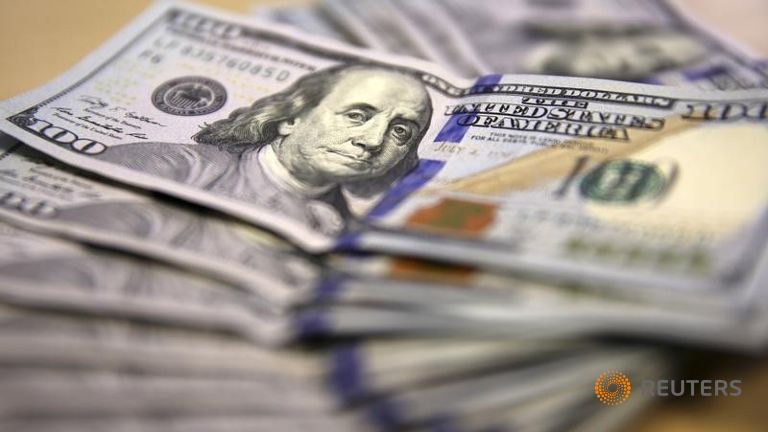The hundi and hawala business in Pakistan has crossed $15 billion a year mark, currency traders said citing conservative estimates.
[contentblock id=2 img=gcb.png]
In a recent meeting held at the State Bank with the exchange companies, the matter of hundi and hawala was discussed in detail. “In our assessment as much as $15bn has been transacted through hundi and hawala in a year.

The actual volume could actually be double the projected figure as reliable data is not available,” said Secretary General of Exchange Companies Association of Pakistan, Zafar Pracha. The government suspects exchange companies for such illegal payments system as volumes become shockingly high. Pracha said the government is well aware of the situation. It was observed that the government was selective in dealing with elements involved. For example in case of gold, banks do not open letter of credit (L/C) and dealers manage to make payments by purchasing dollars from the kerb market. However, in official data, imports of gold are shown in negligible quantity while the commodity is available in abundance across the country. It clearly implies that the payment for gold import is made through illegal channels. Same stands true for imports from China which are reported to be much below than the actual volume of Chinese goods available.
[contentblock id=1 img=adsense.png]
The payments for Chinese products are at least 50 per cent more than shown in the import figures. Import from China has persistently increased over the past few years. It went up to $7bn in the financial year 2015 from $4.7bn in FY-13. Market watchers, however, believe the actual worth of imported Chinese goods should be over $10bn. In many cases, the banks do not open L/Cs and the payments are arranged through non-banking system while under invoicing is another issue. In the case of Saudi Arabia, Pakistan paid $3.3bn for imports in FY-15. The import bill dropped due to low oil prices. Traders said that imports from the Saudi Arabia are much higher than the official data reflects. The country is the biggest exporter of petroleum bi-products including plastic material, plastic grains, chemicals, paints and carpets made of artificial threads to Pakistan. “We know our exports to Afghanistan have increased in the last couple of years but the import figures remain negligible.












